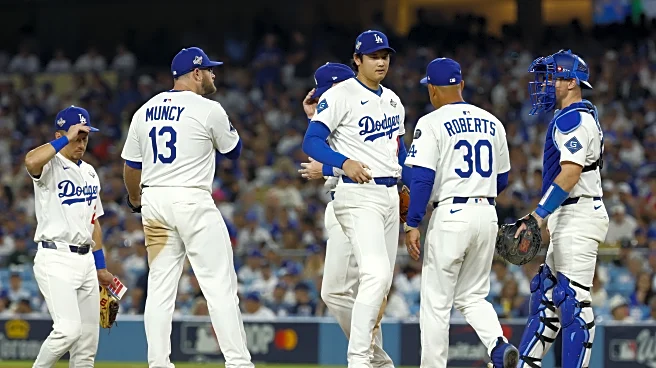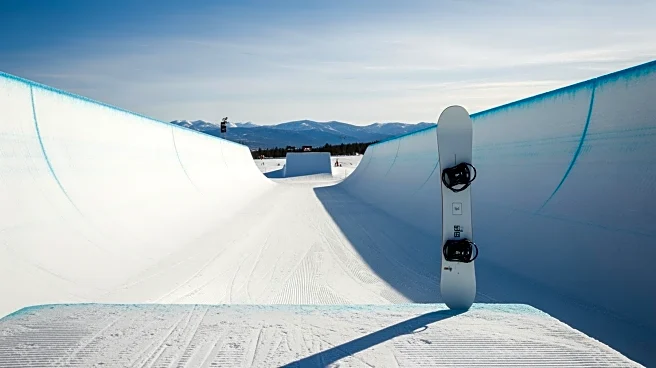The Dodgers came into this Fall Classic as prohibitive favorites to win it all, and as the series heads to Game 5 tied at 2-2, not only does it have the makings of a close matchup, but if anyone has looked
like the more dominant team at times, it has been Toronto. The Blue Jays have beaten the Dodgers by a combined total of 11 runs in their two wins, and it probably could’ve been worse if not for a few garbage-time runs from Los Angeles. Above all else, the reason behind this is the unsurprising yet still underwhelming performance of the Dodgers’ bullpen, which was once again on display in Game 4.
The bullpen’s vulnerability helps tell the tale of a Shohei Ohtani outing that turned out far worse than it probably should have. With shades of the prime Clayton Kershaw years, Dave Roberts had Ohtani go back out there for the seventh after throwing six innings of two-run ball, with a Vladimir Guerrero Jr. homer the sole blemish on his record until that point.
Under normal circumstances, Ohtani would’ve been done after six, particularly because the Jays had been letting him off the hook on a few poorly located breaking balls in particular. These weren’t normal circumstances, though, and in the tug and pull of an exhausted bullpen and Ohtani’s tiredness, especially after the 18-inning marathon the day before, the former won out. Roberts tried to sneak one more inning out of his starter, and he paid the price for it. It’d be easy to come here and criticize that move for any number of reasons, but the main takeaway from it is to acknowledge the lack of options for Roberts in trying to navigate this game. While each decision could be put under scrutiny, and six runs is less than ideal, the weight of this defeat falls primarily on the offense.
The seventh inning began poorly, and like in the Brewers game, Ohtani was pulled after the first two batters reached safely. With two lefties coming up in the next three hitters, it made sense to go to a southpaw. Given the workload in Game 3, it was a choice between Anthony Banda and Jack Dreyer. Hindsight favors Dreyer, but despite the homer Banda allowed to Addison Barger, we can’t be unfair and forget that crucial inning he had against the Phillies’ tough lefties, succeeding in the kind of high-leverage situation Dreyer has yet to. Perhaps the critical factor in this decision was that Dreyer faced exactly this part of the Blue Jays order in Game 3, and he didn’t perform particularly well, with an error, flyout, and single. It made all the sense in the world not to give them a second look at him so soon, and with Justin Wrobleski having thrown 29 pitches the day before, it was virtually Banda by default.
After Banda didn’t work out, the Dodgers had to contend with the Blue Jays’ star hitters, which evidently required a right-handed presence on the mound. Blake Treinen has fully removed himself from the so-called circle of trust, but Roberts also literally had no other option. Emmett Sheehan, Edgardo Henríquez, and Will Klein combined to throw 8.2 innings in Game 3, and Roki Sasaki wouldn’t come in with the team trailing, having also tossed 29 pitches in his previous performance.
While one might be justified in questioning the lack of right-handers in this bullpen, specifically against this righty-heavy offense, as far as this specific game, there was nothing to do. Once the Blue Jays offense roughed up those two and took a commanding 6-1 lead, the Dodgers had nothing more than a puncher’s chance, given how late it was in the game. Unlike the Blue Jays, the Dodgers’ offense couldn’t do anything against a shaky bullpen, and it should come as no surprise that Dave Roberts hinted at the possibility of tweaking the lineup for Game 5.









